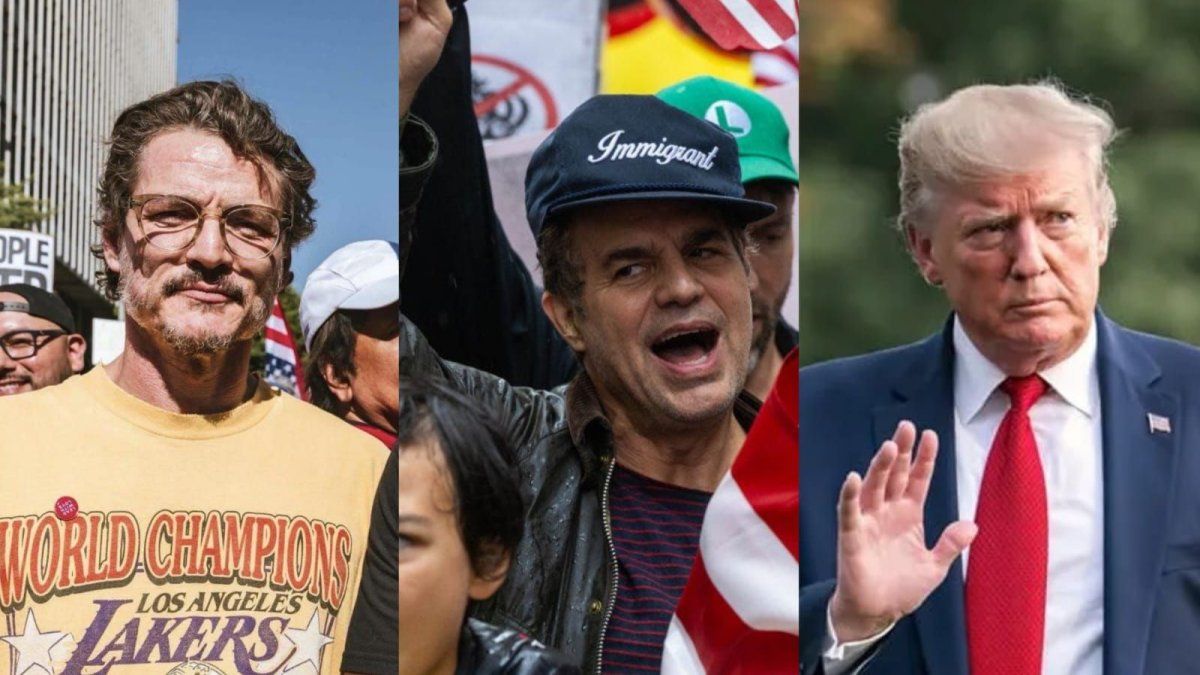“The traffic light is on.” With these words, Olaf Scholz began the presentation of the coalition agreement on Wednesday afternoon, which the traffic light parties SPD, Greens and FDP had agreed on. Together, the future social democratic German Chancellor, the party leaders Norbert Walter-Borjans and Saskia Esken (SPD), Robert Habeck and Annalena Baerbock (Greens) and Christian Lindner (FDP) outlined their program with which they want to make Germany fit for the future over the next four years .
“Dare to make more progress – Alliance for Freedom, Justice and Sustainability” is the motto. Over the past few weeks, the around 300 negotiators have agreed on goals, plans and promises on 177 pages. According to Scholz, it will be a “coalition at eye level. We are united by the will to make the country better. The aim of the three parties is not the lowest common denominator, but rather a policy of great impact.”
“Serious corona situation”
Even before the coalition agreement was explained, Scholz addressed the “serious corona situation”. The traffic light parties have decided on steps that must now be implemented consistently. A permanent federal and state staff will be set up in the Chancellery. Also in the Chancellery, a daily description of the situation is created with scientific expertise. In addition, the traffic light advocates compulsory vaccination in certain facilities with risk groups.
“Vaccination is the way out of this pandemic. We should therefore make this mandatory in facilities in which particularly vulnerable groups are cared for.” Scholz left the option open to possibly expand the measure.
Nursing staff should receive a new bonus because of the special burdens in the corona crisis. The traffic light has budgeted one billion euros for this.
“Are on 1.5 degree path”
For the Greens, climate protection was the most important issue in the election campaign. Co-party leader Robert Habeck sees the agreed plans as positive. “We are on the 1.5 degree path with this contract.” What is meant is the goal anchored in the Paris Climate Agreement of limiting global warming to this value compared to the pre-industrial era. The measures envisaged in the treaty would ensure that the previous federal government’s targets for reducing CO2 emissions by 2030 are exceeded. “Opposites can be overcome through a learning policy. A learning Germany, a learning policy – that is the promise we make to ourselves,” said Habeck. “It was pretty exhausting at times, we took on a lot.” The government will expect other people to do something, so you have to ask yourself something too.
“Scholz becomes a strong chancellor”
Words of praise also came from FDP leader Christian Lindner – not only for the coalition agreement: “Olaf Scholz will be a strong Federal Chancellor of the Federal Republic of Germany,” said Lindner, the future finance minister, who also sees an important goal of his party achieved: it shouldn’t Giving tax increases, but a lot of relief for companies.
Speaking of finances: “We have decided that this will be a decade of investments,” said Scholz. One is sure to be able to answer all financing questions as far as public expenditure is concerned. However, many investments are also private-sector, with public incentives. Lindner said that he had nothing to add. And Habeck: “We know exactly how to pay for it.”
Minister-Candidates of the Traffic Light Coalition
- Robert Habeck (Greens) Vice Chancellor, Economy and Climate Protection
- Annalena Baerbock (Greens), Foreign Minister
- Christian Lindner (FDP), Minister of Finance
- Bettina Stark-Watzinger (FDP), Minister of Education
- Hubertus Heil (SPD), Minister for Labor and Social Affairs
- Svenja Schulze (SPD), Minister for Building and Housing
- Karl Lauterbach (SPD), Minister of Health
- Christine Lambrecht (SPD), Minister of the Interior and Homeland
Cannabis approval and voting from 16
It has taken two months since the federal election; yesterday the SPD, Greens and FDP presented the basis for their cooperation in a new government. “Dare to make more progress: Alliance for Freedom, Justice and Sustainability” is the title of the 177-page work. These are the key points:
- Minimum wage: The statutory minimum wage is to rise from 9.60 euros to 12 euros per hour.
- Rent: The rent brake for new rentals is to be extended. In areas with a tight housing market, rents in existing tenancies should only be allowed to rise by up to eleven percent within three years instead of the previous 15 percent.
- Energy costs: On January 1, 2023, the financing of the billions in the EEG levy to promote green electricity through the electricity price is to be abolished.
- Homeoffice: Those who work from home should still be able to claim a special flat rate on their tax return in the coming year.
- National debt: The debt brake anchored in the Basic Law is to be complied with again from 2023.
- Local transport: More money is to be invested in the expansion of local public transport.
- Railway reform: In future, trains will run every half hour between the largest cities, and transfer times are to be significantly shortened.
- Electric cars: The charging options for electric cars are to be expanded more quickly.
- Drugs: In the future, cannabis is said to be available to adults for consumption in licensed stores.
- Refugees: More refugees should be able to bring their relatives to Germany in the future – keyword: family reunification.
- Armed forces: The troops should be able to arm drones.
- Arms exports: German arms exports are to be restricted more effectively with a new law.
- Voting age: The minimum age for participating in federal elections is to be reduced from 18 to 16 years.
- Renewable energy: By 2030, Germany is to get 80 percent of its electricity from renewable energies. So far, the goal has been to have achieved a share of 65 percent by 2030.
- Driver’s license: The SPD, Greens and FDP want to lower the minimum age for acquiring a car driver’s license and enable accompanied driving from the age of 16 instead of the previous 17 years.
Source From: Nachrichten




